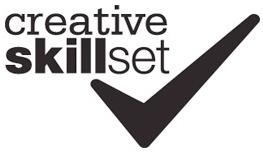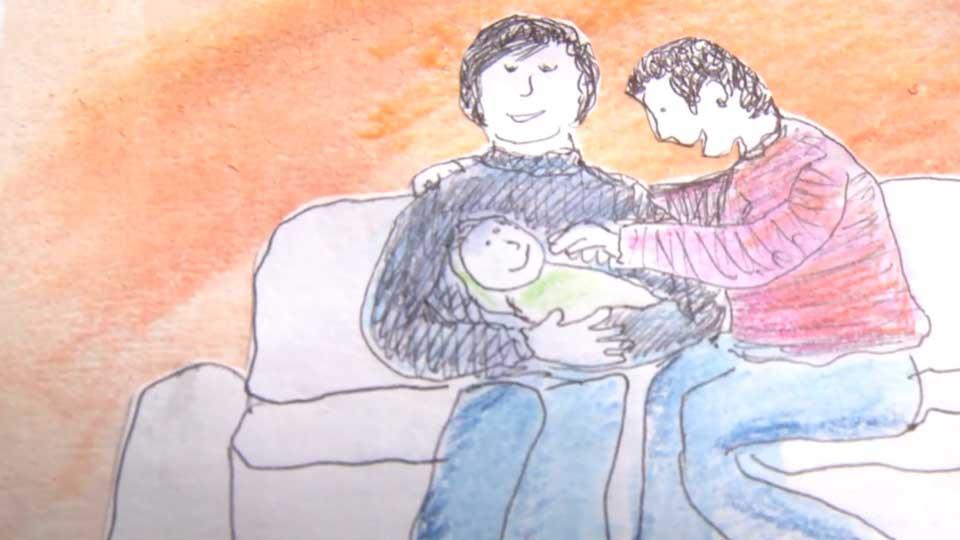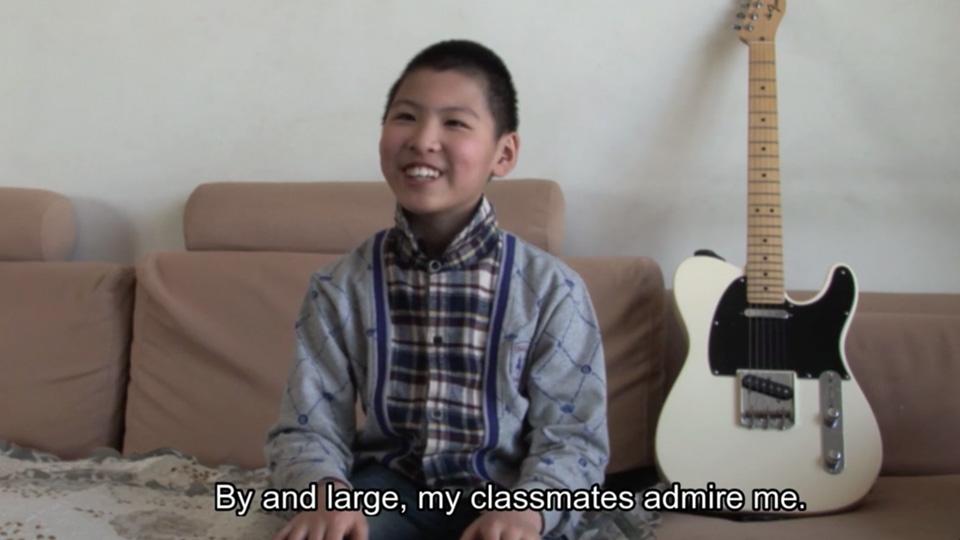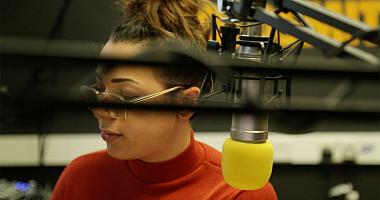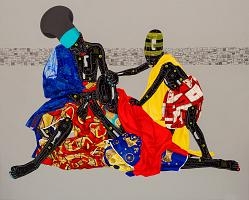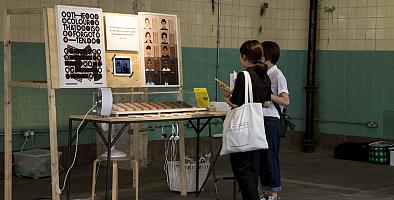Course information
Department
Length
1 year full-time
Scholarship information
Course overview
This MA will develop your skills and creative vision in documentary production. It enhances your understanding of the historical context and contemporary modes of documentary production against a backdrop of the wider issues in media production.
This Masters, a pathway of the MA Filmmaking, will encourage your understanding of the politics, aesthetics and ethics of documentary production, and the nature and diversity of documentary practice in contemporary society.
The Department of Media, Communications and Cultural Studies has been ranked 2nd in the UK for 'world-leading or internationally excellent' research (Research Excellence Framework, 2021) and 16th in the world (3rd in the UK) in the 2024 QS World Rankings for communication and media studies.
What we offer
The programme is housed in a new purpose-built media facility equipped with state-of-the-art teaching spaces including a range of digital cameras, Avid Media Composer, Final Cut Pro and Adobe Premiere Film Editing suites, Animation, Digital Special Effects, Pro Tools Audio Postproduction suites.
You will be able to make your own documentaries, learning and refining research, interviewing, self-shooting and editing techniques – but also have the unique opportunity to be part of a programme that includes specialised producers, cinematographers, editors, sound recordists and sound designers, so that you can develop the scope and range of your filmmaking by collaborating with them.
You work on at least two films during the year, culminating in a major production towards the end of the degree. In addition you can attend classes in related disciplines such as Cinematography and Editing and may collaborate with students across other specialisations on film projects. This framework is designed to provide you with a breadth of filmmaking knowledge combined with a high level of expertise in your chosen filmmaking discipline.
The MA encourages you to develop
- an awareness of documentary production techniques, ethics and aesthetics
- specific filmmaking and production management skills
- technical skills (including camera, lighting and sound editing)
- an understanding of the workings of the media and their broad cultural and social impacts
Our former students have gone on to win awards including:
- Best Documentary at the Exposures Film Festival
- Postgraduate Factual Prize at the Royal Television Society Student Awards
- Student Award at the One World Media Awards
They've also launched their own film festivals, worked on critically acclaimed films and documentaries, and have had their work screened at the London International Documentary Festival, National Geographic's All Roads Film Festival and Open City, the London Documentary Festival.
Our students say...
"From first-hand coaching from industry experts, access to the newest facilities and cameras, to fantastic mentoring – it was the perfect course to develop my skills and prepare me for a career in documentary filmmaking."
"The different theory courses provided both the history and ethics when filming documentary as well as providing artistic inspiration to approach reality in an innovative way."
Contact the department
If you have specific questions about the degree, contact Daisy Asquith.
